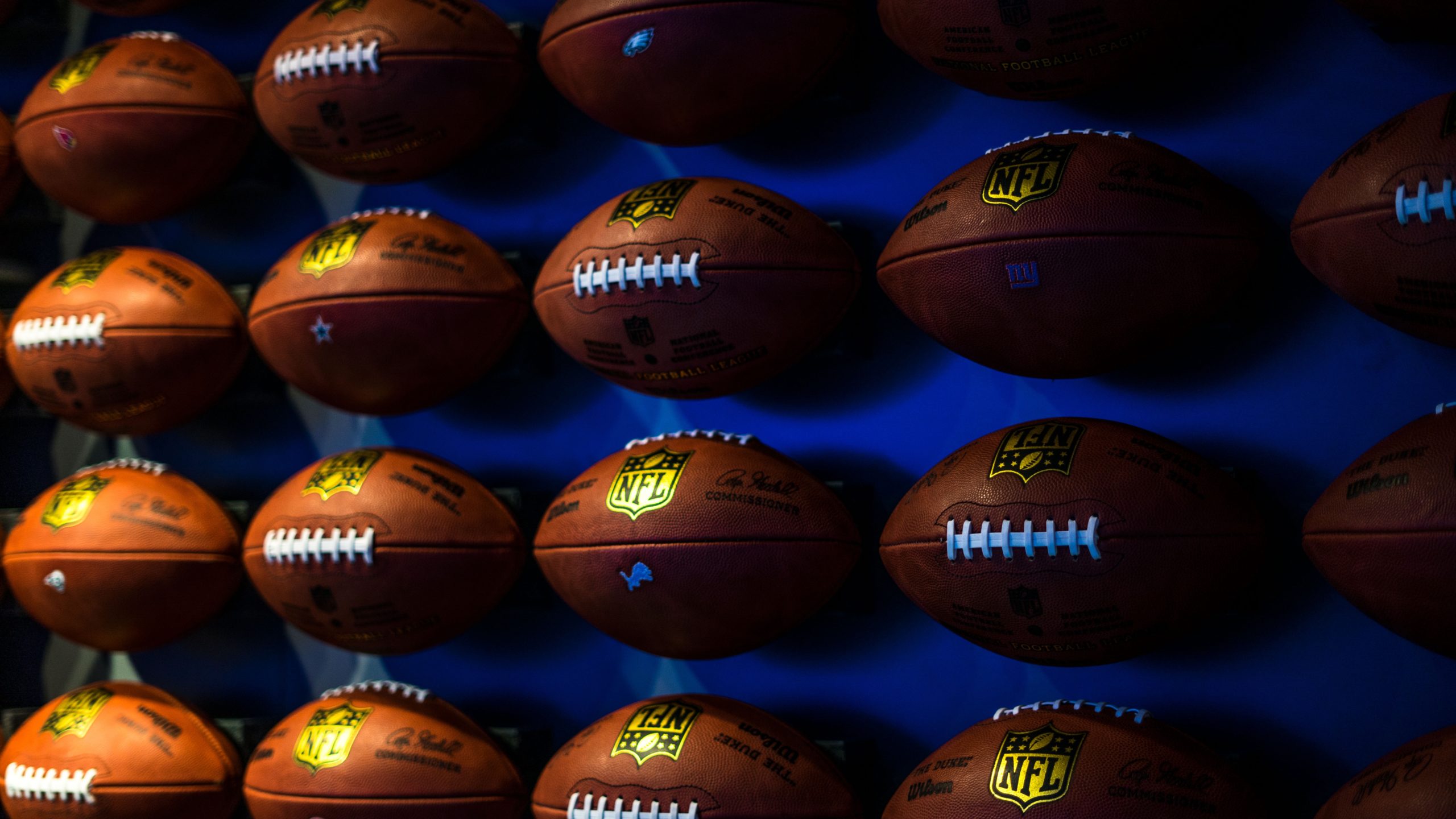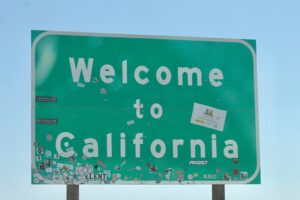A New York State appellate court has issued a ruling on daily fantasy sports that could change the State’s constitutional ban on gambling.
By Zachary Zagger
Law360 (February 11, 2020, 10:21 PM EST) — A New York state appellate court has thrown daily fantasy sports into hot water by finding that contests like those offered by DraftKings and FanDuel are illegal. But the ruling could actually push lawmakers to change the state’s constitutional prohibition on gambling expansion, potentially clearing the way for mobile and online sports betting at the same time.
The New York Appellate Division, Third Department, found Thursday that daily fantasy sports, or DFS, contests are gambling under the state penal code. The court struck down a 2016 law passed at the eleventh hour to legalize DFS amid enforcement actions by the state attorney general against DraftKings and FanDuel, finding the law violated the state constitution’s prohibition on gambling expansion.
But the new ruling comes after DFS has already gained a foothold in New York and amid a growing push to legalize online and mobile sports betting now that the U.S. Supreme Court has allowed it. Such sports betting has proven to be a strong source of tax revenue for neighboring New Jersey, but could be limited in New York by the same constitutional prohibition at the center of the DFS ruling.
Attorneys say that while the DFS ruling is sure to be appealed, lawmakers would be smart to start the long process of amending the state constitution to allow state lawmakers to keep DFS and permit mobile sports betting so as not to get left behind neighboring states.
“Does it call for a constitutional amendment? Absolutely, and I think it is likely that it will happen,” said gambling industry attorney David O. Klein, the managing partner at Klein Moynihan Turco LLP. “They’ll kill two birds with one stone so to speak and [propose] a constitutional amendment to change the law such that both fantasy sports and sports gambling will be legalized.”
Notably, the appellate court rejected the legislature’s determination that DFS — in which contestants compete for cash prizes by selecting an imaginary roster of athletes with points awarded on the real- life performance of those athletes over a short period of time — contests are games of skill, and therefore not gambling.
Lawmakers had relied in part on evidence presented by fantasy sports operators that showed DFS contests are games of skill since those with better research and statistical analysis skills perform much better in the contests. The evidence showed that a small percentage of DFS contestants win a large percentage of the overall prize money.
But the appellate court said that the legislature just cannot simply call DFS a skill-based game to avoid the constitutional prohibition because that would render the constitutional prohibition meaningless.
To make matters worse for DFS operators and proponents, the court went on to find DFS met the state’s definition of gambling. No matter how much preparation and skill is used in setting a DFS lineup, the actual performance of the real-life players is dependent on factors outside the DFS contestants’ control, the court said.
“I think this hammers home why the state of New York should have addressed this some time ago, not only for fantasy sports but also for mobile and online sports betting,” said C.J. Fisher, a gambling and sports industry attorney at Fox Rothschild LLP. “I would anticipate that even if there is a bill passed to expressly allow internet and mobile sports betting outside the commercial casino facilities, that that bill would also similarly be challenged in the state.”
New York’s constitutional amendment process is long and complicated, requiring legislative approval in two separate sessions and a statewide voter referendum. But attorneys point to some key differences between now and 2016, when the DFS law was passed, that might make a constitutional amendment more possible.
When then-Attorney General Eric Schneiderman was pursuing illegal gambling enforcement actions against DraftKings and FanDuel in 2015, several other state regulators followed suit.
But now many of those states have joined New York in legalizing DFS or their authorities are not actively pursuing DFS operators. In the Empire State, DFS companies have even formed partnerships with professional sports teams. Madison Square Garden, for instance, has opened several areas branded as “DraftKings Daily Fantasy Sports Lounges.”
There is also a strong push for mobile and online sports betting in New York now that the U.S. Supreme Court has opened the door for states to legalize sports betting. While New York has legalized in-person sports betting at upstate casinos that have popped up since a 2013 constitutional amendment, neighboring states New Jersey and Pennsylvania brought in more than $30 million each in taxes from sports betting that mostly occurred online or through mobile phone apps.
“New York is almost an island in and of itself. Is it going to be stuck far behind and are we going to be stuck based on this Third Department [ruling]? Or are we going to make the decision to move forward and get behind daily fantasy sports?” said Buffalo-based sports and entertainment attorney Anthony Kroese of Goldberg Segalla. “If they don’t make a change now, we are going to be way behind.”
Still, attorneys say an appeal is almost certain to occur, meaning New York’s highest court, the Court of Appeals, will have its say. The state has yet to confirm it plans to appeal the ruling, but New York does provide for an appeal to the Court of Appeals for cases involving substantial constitutional issues.
The Appellate Division panel analyzed DFS contests under New York’s definition of gambling, which follows a minority of states in defining gambling as wagering something of value on a game where chance is a “material” factor in the outcome. More states look at whether chance is the dominant factor, lowering the bar for the amount of skill necessary.
“This is an industry that is still subject to varied state laws and this decision highlights how those distinctions in the gambling laws that were drafted years ago could impact decisions in various states,” said BakerHostetler advertising attorney Linda Goldstein, who has represented fantasy sports and other gaming companies.
Goldstein said the New York appellate court ruling’s lone dissent by Justice Stan L. Pritzker, which said the court should not second-guess the legislature when there is a rational basis for its interpretation of the law, could give the Court of Appeals an alternative argument to latch onto to keep the DFS legalization law intact.
Either way, the ruling shows that the constitutional question will continue to be an impediment for state lawmakers to open the door to new forms of sports-related games and wagering.
“I really always thought that was the best way to deal with this issue once and for all, … just go through the constitutional process,” said attorney Irwin Kishner, co-chair of the sports law group at Herrick Feinstein LLP. “It has been done before. It takes time, but that is the way to go.”
–Editing by Emily Kokoll and Michael Watanabe.




